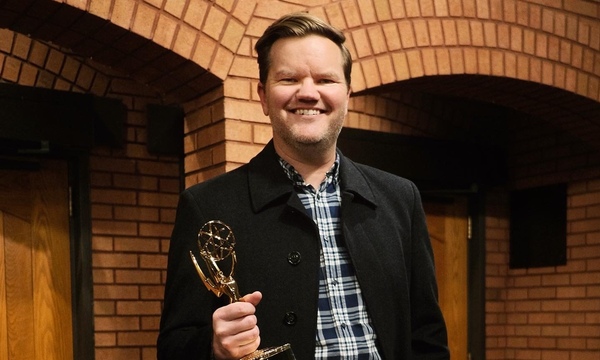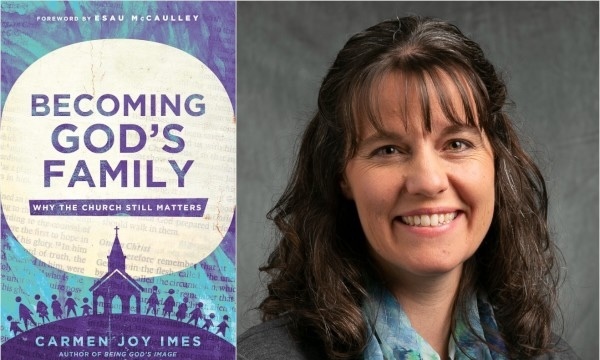LA MIRADA, CALIF., --- On September 27, 2013, President Barry H. Corey announced a change approved by the Board of Trustees to the behavioral standards for graduate students. While the Graduate Students Standards of Conduct will continue to require all students to abstain from alcohol, tobacco and gambling on the Biola campus, at university-owned properties, and at university sponsored events, the broad requirement to abstain at all times and all locations while enrolled as a Biola graduate student will no longer apply to graduate students age 21 and over. The revised Graduate Students Standards of Conduct is effective immediately.
President Barry H. Corey Announces Changes to Behavioral Standards for Graduate Students
This change was a result of a process that began in the spring of 2012. A task force consisting of deans and other representatives from several of Biola’s schools, as well as members of the Enrollment Management staff considered issues affecting students. From those meetings emerged a recommendation for changes to the behavioral standards for graduate students in a way that maintains core values and commitments. The recommendation was presented to the president and provost in May 2012 and to the Council for Instructional Deans (CID) in January 2013, who endorsed the changes.
In the spring of 2013, the recommendation was reviewed further and approved by the President’s Administrative Council for consideration by the Student Development Committee of the Board of Trustees. At its September 2013 meeting, the Board of Trustees passed a motion to approve the recommended change to the behavioral standards for graduate students.
These changes, consistent with the requirements/expectations of Biola University staff and faculty, shift the responsibility of conduct from the institution to the individual. They are designed to promote behavior that the Bible requires of all believers, to forbid behavior that the Bible condemns and to foster godly behavior in areas that are not directly addressed by Scripture. Graduate students represent a diverse and geographically widespread constituency, and the standards are framed for this type of non-residential community member. As members of a Christian educational community, all students must avoid conduct that is spiritually or morally harmful or that would reasonably cause a Christian brother or sister to be offended or to stumble in his or her personal Christian walk.
More Posts
Three Mid-America Emmy Awards Adorn Shelves of Alumnus Kevin Christensen (B.S. ’06)
With a computer science background, Christensen makes films featuring businesses and nonprofit organizations
Biola Gospel Choir Celebrating its 40th Anniversary All Year
Founded in 1985, the Gospel Choir has been filled by hundreds of Biola student voices over the years
Talbot School of Theology Professor’s Book Receives Award of Merit and Reader’s Choice Award
Dr. Carmen Imes’ book “Becoming God’s Family” examines whether the church still matters in the modern world
Biola University Alumnae Twins Take Animation Industry by Storm at DreamWorks and Colossul Studios
Alumnae Hope (BFA ’25) and Heather (B.A. ’25) Hemsley gained experience in software training, writing and everything in between through internships at animation studios
 Biola University
Biola University
.jpg)

